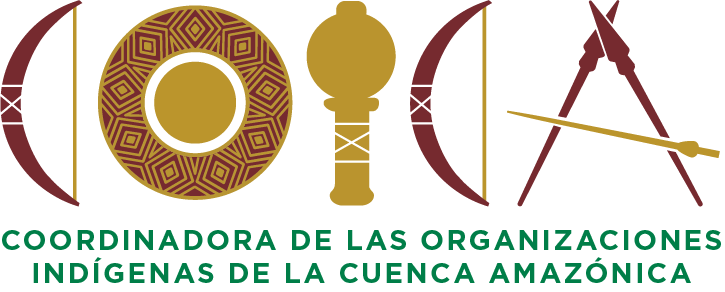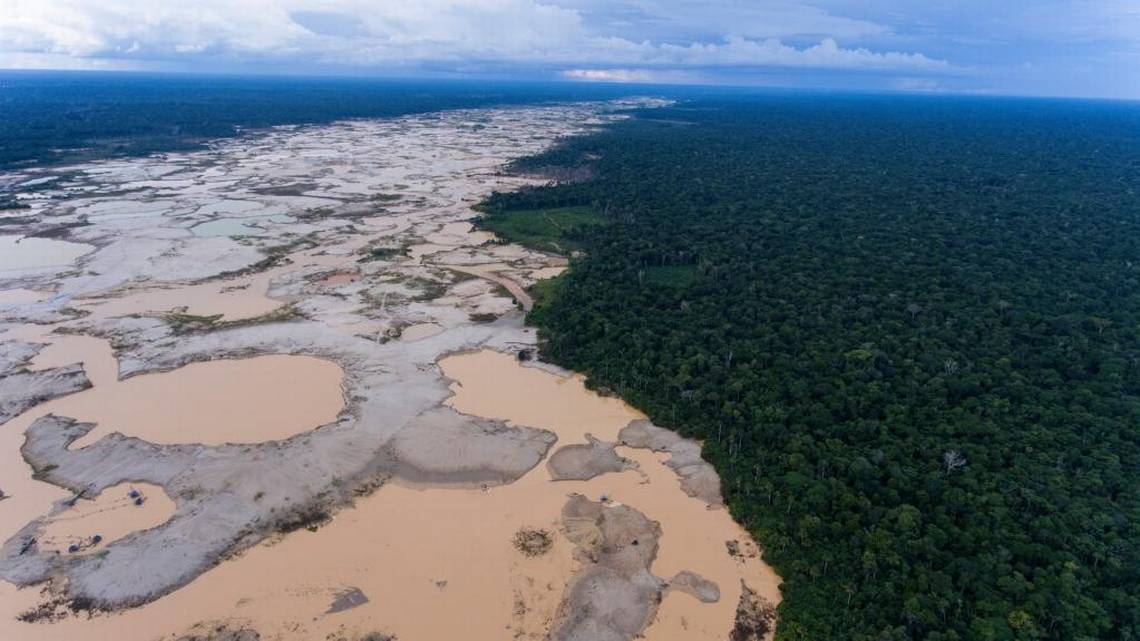Two weeks ago, in a remote city in the Peruvian Amazon, the Pope demanded an end to the devastating exploitation of the soil, timber, waters and mineral wealth of the rainforest and the violence that greets our efforts to protect “our common home.”
More than 3,500 indigenous leaders traveled to Puerto Maldonado, Peru, to meet with the Pope and warn the world that our peoples and our forests are in terrible danger. He responded by calling on governments, investors and conservationists, asking them to not only protect us, but to partner with us when negotiating development and conservation initiatives.
We are grateful to the Pope for recognizing how much the planet needs our vision of the natural world, but we need more people on our side.
In September, some of us will travel to San Francisco to tell our stories to a global audience at the Climate Summit, announced last year by Gov. Jerry Brown. We will report on our role – not as victims of a development model that is destroying our planet, but as a solution for slowing climate change.
The research shows that where indigenous peoples and local communities have strong rights to our territories, forest cover and carbon stores are greater than in surrounding forests.
Why trust indigenous peoples to continue to care for our forests? Why wouldn’t our leaders be susceptible to the glitter of gold, undermining the promise that our deep connection to the natural world could stop the destruction of the Amazon?
We work with research partners to use satellites, drones and cell phones that demonstrate our value and monitor the forests. These same tools can serve as a check on indigenous communities that might be seduced by material wealth.
ope Francis calls for a defense of the Amazon’s life, land and cultures as he greets indigenous representatives in Puerto Maldonado, Peru, Friday, Jan. 19, 2018. (AP Photo/Rodrigo Abd)
Our peoples are fully aware of the long-term consequences of industrial practices that poison our rivers and destroy our forests. We can see them in the experiences of other communities that have said yes to destructive development projects.
Last year, El Salvador’s parliament voted to ban metal mining in that country, making it the first nation to do so. The reason? As reports from other countries had revealed the environmental and human rights threats posed by foreign-owned mines in a nation that already suffers from shortages of clean water, grassroots protests in indigenous communities had spread.
We don’t oppose economic progress, but we do demand to be informed partners, with the right to veto projects that will destroy our communities and the resources so vital to slowing climate change.
With the Earth Innovation Institute and the Governors’ Climate and Forests Task Force, we already work with Californians to ensure our rights are protected. In San Francisco in September we will go further. We will ask for help from the citizens of California and other states, counties and communities that will be represented at the Climate Summit.
Beef, palm oil, soy, petroleum, timber and gold are among the great drivers of illegal deforestation, and the cause of the violent conflict that is killing our peoples. By questioning the source of commodities in a new pair of shoes, a tank of gas, a wedding ring, a steak, a kitchen cabinet, a bar of chocolate or a can of dog food, consumers could change the world.
The Pope is on the right track in advocating for us as a climate solution. But God knows he needs help, and so do we.

